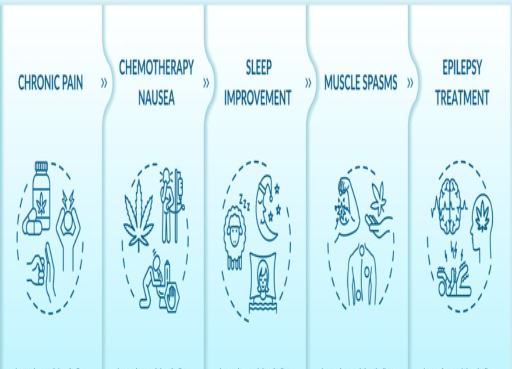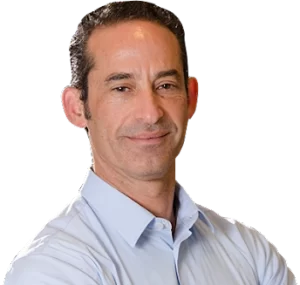If you’re living with a chronic medical condition, you may be exploring all various treatment options including medical cannabis. The one problem is that not all doctors, possibly even your primary care physician are qualified nor offer a medical marijuana card approval service. Also known as marijuana, cannabis has been used to treat a variety of conditions for centuries. In recent years, there’s been an uptick in research on the potential health benefits of medical cannabis along with its consumption for medicinal purposes. If you want to know five ways cannabis can improve your life when you have various medical conditions like PTSD, chronic pain, seizure disorders such as epilepsy, multiple sclerosis (MS) or neuropathy keep reading!
Five ways medical marijuana (MMJ) may be able to help improve your life.
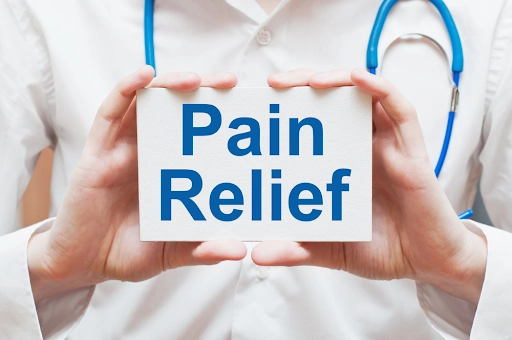
1. Pain relief
Cannabis is often used as a treatment for chronic pain, as it can help to relieve pain and inflammation. A 2018 review of studies found that cannabis was effective in reducing pain in people with conditions like fibromyalgia, rheumatoid arthritis, and multiple sclerosis.
It might be a better option than taking dangerous opioids that may result in addiction. Opioids aren’t a good remedy when the pain is “chronic” which means it lasts more than three months. One of the reasons the opioid epidemic grew was that the makers of Oxycontin, Purdue Pharma had added to their label that it is “very rare” to get addicted if used properly to manage pain.
Well, the statement has since been reversed and Purdue was given the biggest fines ever to a pharmaceutical company, a $3.544 billion criminal fine, and a $2 billion criminal forfeiture. We will note that states with MMJ laws in place saw a 20% reduction in opioid prescriptions. That being said, chronic pain is one of the top reasons medical marijuana is prescribed.
2. Anxiety relief
Cannabis may also be helpful for treating anxiety. A small 2010 study found that THC, one of the main active compounds in cannabis, was effective in reducing symptoms of social anxiety disorder. A 2019 review of studies found that CBD, another main active compound in cannabis, was effective in treating various types of anxiety, including panic disorder and social anxiety disorder. Conventional medical providers normally prescribe FDA-approved Benzodiazepines
(tranquilizers) which come with many risks including dependence and even death if not used properly. Something important to note is that there hasn’t been a single death when using cannabis alone. The most widely prescribed type of medications for anxiety is Xanax (alprazolam), Klonopin (clonazepam), Valium (diazepam), and Ativan (lorazepam). If you are taking any of those medications, talk with a marijuana doctor to see if cannabis might be a better solution for your situation.
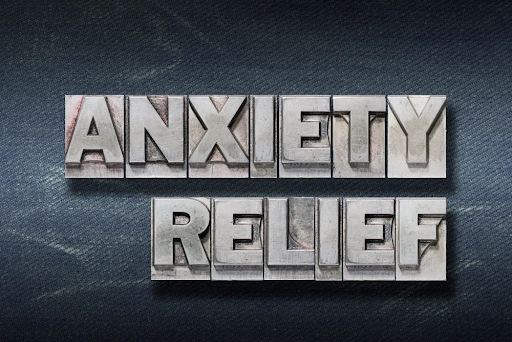
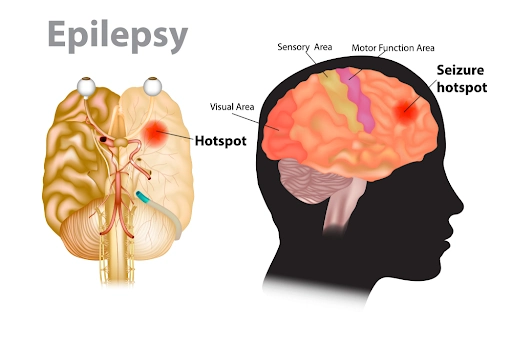
3. Seizure control
One of the most well-known potential use cases for medical cannabis is controlling or reducing seizures associated with epilepsy, Stanford researchers have found. A 2017 report from the World Health Organization found that CBD may be helpful in treating two rare and severe forms of childhood epilepsy, Lennox-Gastaut syndrome, and Dravet syndrome.
As a matter of fact, Epidiloex derived from cannabidiol (CBD) was FDA-approved for two types of medically resistant forms of epilepsy, Lennox-Gastaut syndrome, and Dravet syndrome. Children as young as two years old can take the medication.
4. Cancer-related symptom relief
Medical cannabis may also be helpful in managing cancer-related symptoms like pain, fatigue, nausea, and vomiting due to chemotherapy. A 2018 review of studies found that both THC and CBD were effective in reducing chemotherapy-induced nausea and vomiting.

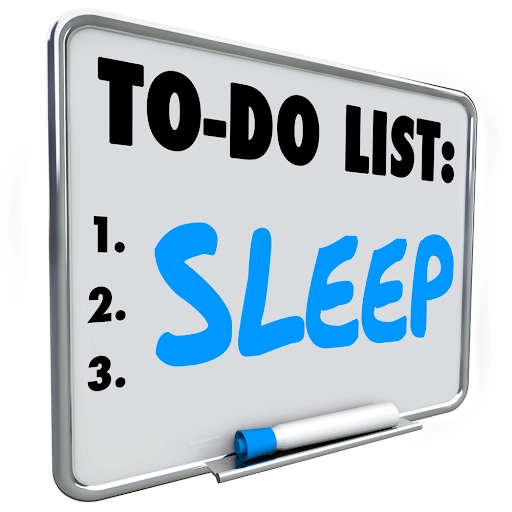
5. Improved sleep quality
Medical cannabis may also help to improve sleep quality. A research study found that people with chronic pain who took a THC-CBD combo medication reported better sleep than those who didn’t take the medication. Another study found that people with insomnia who took CBD as their medication reported better sleep than those who didn’t take the medication.
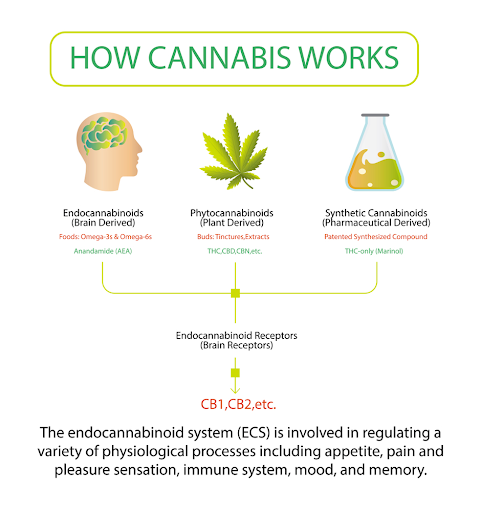
Medical cannabis has been used to treat a variety of conditions for centuries and for good reason, it works otherwise there wouldn’t be over 3 million people in the United States that have been approved for their medical marijuana cards (also known as medical cards or MMJ cards). Research suggests that it may be helpful in managing chronic pain, anxiety, seizures, cancer-related symptom relief, and sleep issues.
The jury isn’t completely out yet at least scientifically with randomized double placebo-controlled large clinical studies but if you ask an experienced marijuana doctor how their patient’s results stack up, most will tell you that they are writing fewer prescriptions for dangerous and potentially addictive narcotics and instead prescribing MMJ. If you’re considering trying medical cannabis, be sure to speak with your healthcare provider first, and if they aren’t educated on the topic of medicinal cannabis, talk with a cannabis doctor to see if it’s right for you.
They will help you figure out the best way to incorporate it into your overall treatment plan and lifestyle. When you have a medical condition that is chronic or debilitating in nature you should get easily approved for a marijuana card.


